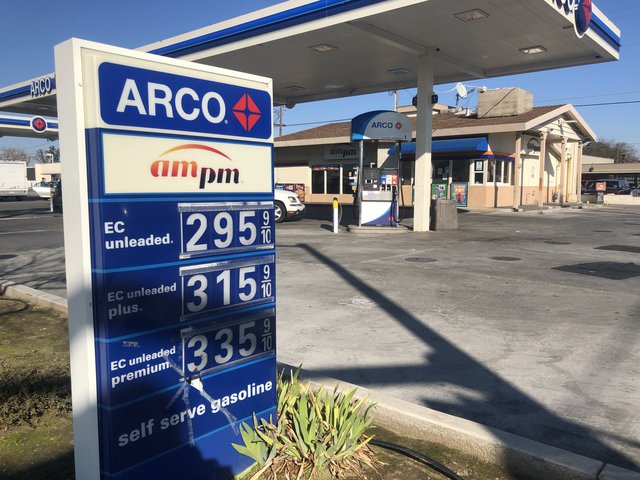In today’s fast-paced world, owning a vehicle has become an essential part of our lives. However, with rising gasoline prices, filling up our tanks can sometimes feel like a burden on our wallets. Fortunately, there are several practical and effective ways to cut down on your fuel expenses without compromising your daily commute or road trips. In this blog post, we will explore some tried-and-true methods to fuel up for less and keep more money in your pocket.
Maintain Your Vehicle
One of the most effective ways to save money on gasoline is to ensure your vehicle is in top-notch condition. Regular maintenance, such as oil changes, air filter replacements, and tire rotations, can significantly improve fuel efficiency. A well-maintained engine runs more efficiently, resulting in better mileage and less money spent at the pump.
Drive Smart
Your driving habits play a significant role in determining your fuel consumption. Aggressive driving, such as rapid acceleration and sudden braking, can lead to excessive fuel consumption. To save money, practice smooth and gradual acceleration, maintain a consistent speed, and anticipate traffic flow to minimize sudden stops. Utilizing cruise control on highways can also help maintain a steady speed and improve fuel efficiency.
Keep Tires Properly Inflated
Under-inflated tires create more resistance, causing your engine to work harder and consume more fuel. Regularly check your tire pressure and ensure they are inflated to the recommended levels. This simple step can lead to better gas mileage and savings over time.
Plan Your Trips
Consolidating errands and planning your trips can help you save both time and money. Combine multiple tasks into a single outing to reduce the number of trips you make. Additionally, use navigation apps to find the most efficient routes that avoid heavy traffic and unnecessary detours, further optimizing your fuel consumption.
Use the Right Fuel
Many vehicles are designed to run on regular unleaded gasoline, and using higher-octane fuels is often unnecessary. Unless your vehicle’s manufacturer explicitly recommends premium fuel, stick to regular unleaded to save money without sacrificing performance or efficiency.
Lighten the Load
Excess weight in your vehicle can reduce fuel efficiency. Remove unnecessary items from your trunk or backseat, as carrying around extra weight requires more fuel to move the vehicle. The lighter your vehicle, the less fuel it will consume.
Limit Idling
Leaving your engine running while parked or waiting can waste fuel unnecessarily. If you anticipate being stationary for more than a minute, it’s more economical to turn off the engine and restart it when you’re ready to move.
Consider Carpooling and Public Transportation
If possible, explore alternatives to driving alone, such as carpooling or using public transportation. Sharing rides with coworkers, friends, or neighbors can significantly reduce your fuel expenses, and using buses or trains can save both money and reduce your carbon footprint.

Embrace Eco-Driving
Eco-driving techniques focus on maximizing fuel efficiency and minimizing emissions. This includes maintaining a steady speed, avoiding unnecessary idling, and using the vehicle’s momentum to coast whenever possible. By adopting these practices, you can save money while contributing to a cleaner environment. If you are seeking a source and ideas about saving money on gasoline, check out their company website for further info.
Utilize Reward Programs and Apps
Many gas stations and grocery stores offer reward programs that provide discounts on fuel purchases. Signing up for these programs or using apps that help you find the cheapest gas prices in your area can add up to substantial savings over time.
Conclusion
While gasoline prices may be beyond our control, our fuel consumption habits are not. By implementing these practical tips, you can take charge of your vehicle’s efficiency and reduce your fuel expenses. From maintaining your vehicle to adopting eco-friendly driving practices, every small change you make can contribute to significant savings in the long run. So, the next time you hit the road, remember that a little effort and mindfulness can go a long way in fueling up for less.









